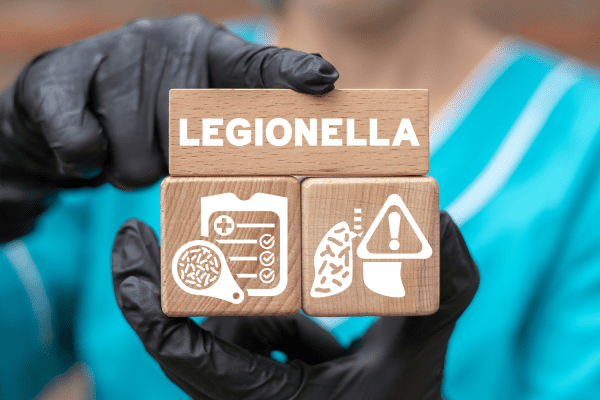
In September 2024, Ohio updated its hospital licensing regulations to include explicit requirements for preventing Legionnaires’ disease. Under Ohio Code 3701-22-07, hospitals must implement a water management program (WMP) aimed at reducing waterborne pathogens, including Legionella. Below, we break down these new rules, including testing timelines, remediation steps, and the role AWT members can play in helping hospitals achieve compliance.
Hospitals must create and maintain a water management program that addresses the risk of waterborne pathogens, especially Legionella. The program should follow CDC guidance for monitoring and managing building water systems.
Key Components of the WMP:
Within the first 12 months of the WMP’s implementation, hospitals must conduct two sets of validation water samples specifically testing for Legionella.
If Legionella is detected, hospitals should take immediate remediation actions, such as:
Ohio’s updated hospital licensing regulations mark a significant step toward reducing Legionnaires’ disease outbreaks. By establishing a robust water management program, conducting validated testing, and implementing prompt remediation measures, hospitals can protect patients, staff, and visitors from waterborne pathogens. For seamless compliance, partnering with knowledgeable water treatment experts ensures consistent, effective Legionella prevention strategies.
Nick Piskura is the Marketing and Web Development Specialist at ChemREADY who utilizes expertise in digital marketing strategies to provide knowledgeable insights in each segment of our business. Nick provides insights through web development and multimedia resources that support ChemREADY’s full range of services, including Legionella management, ANSI/AAMI ST108 compliance, boiler and cooling tower treatment, wastewater processing, and industrial water quality solutions.